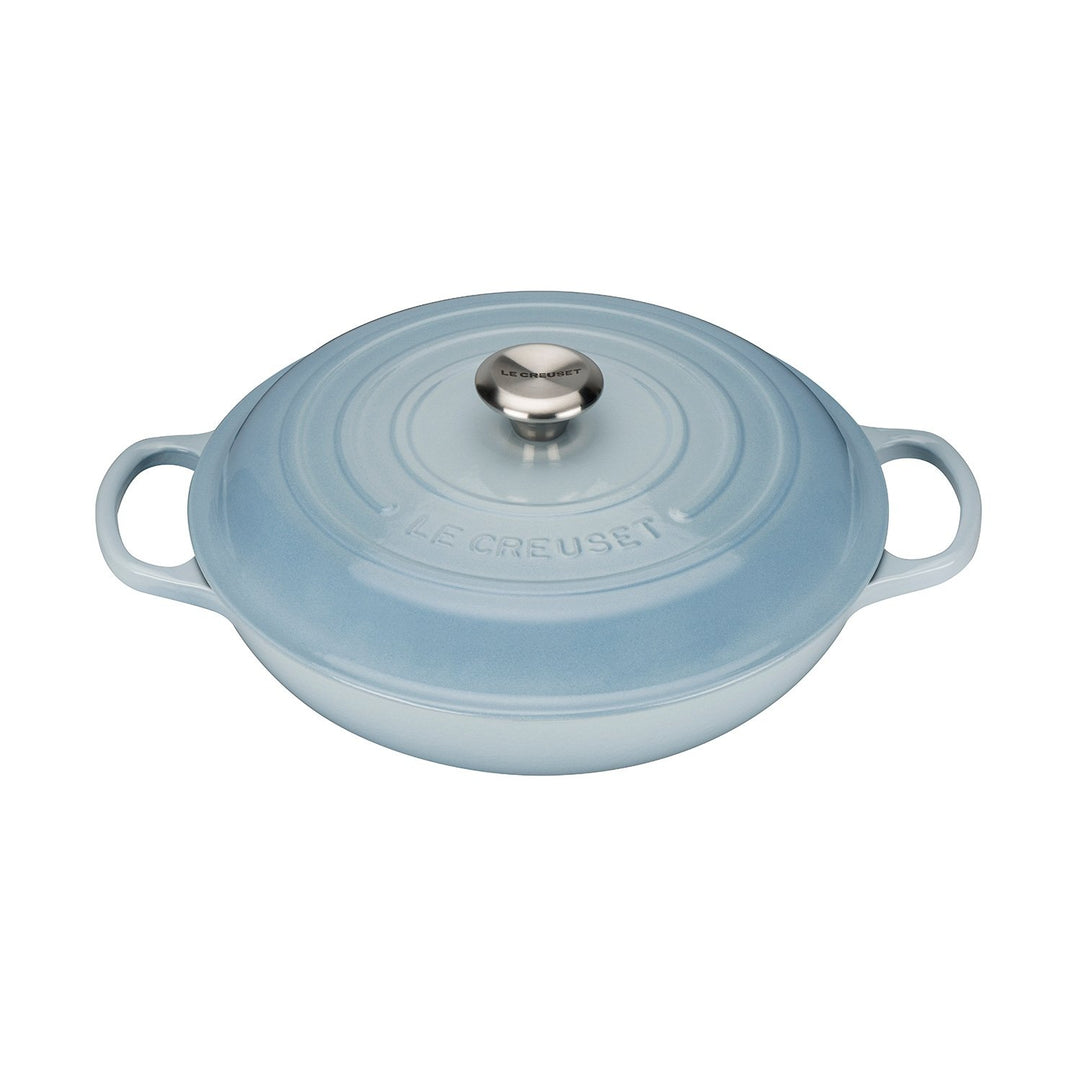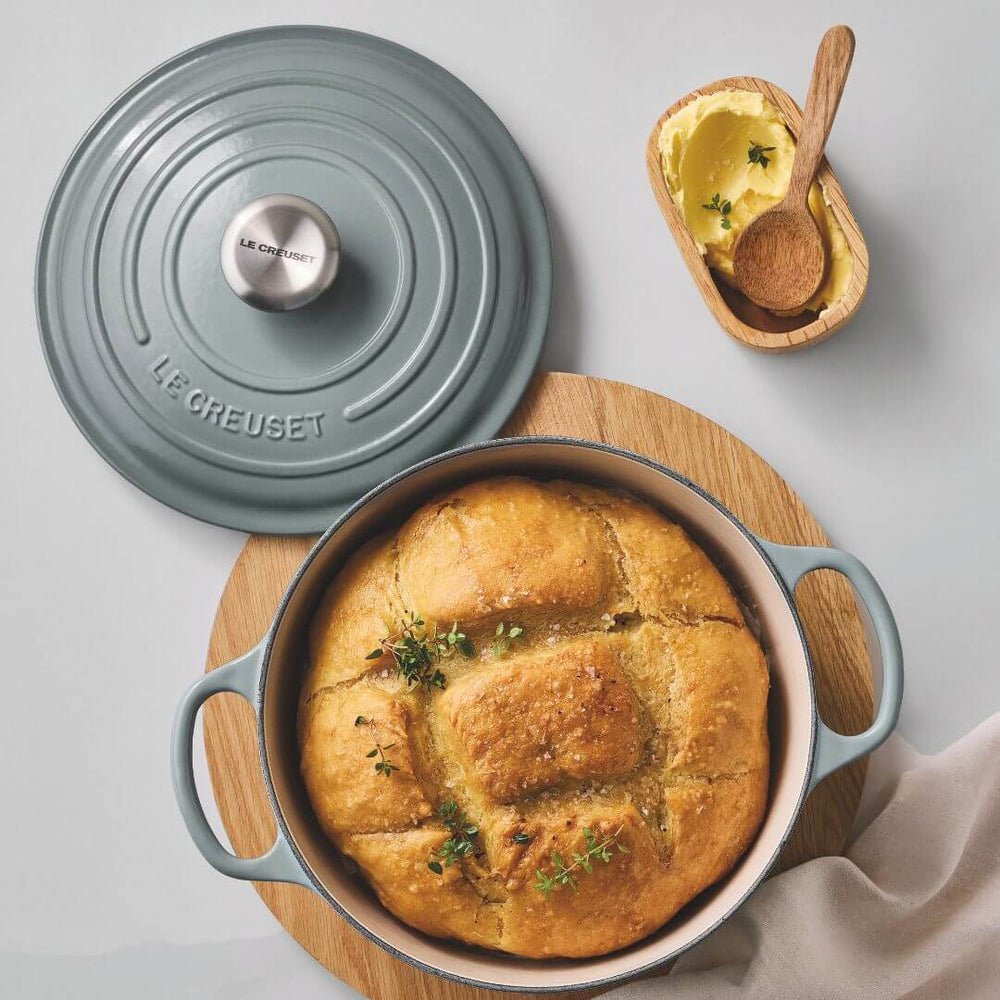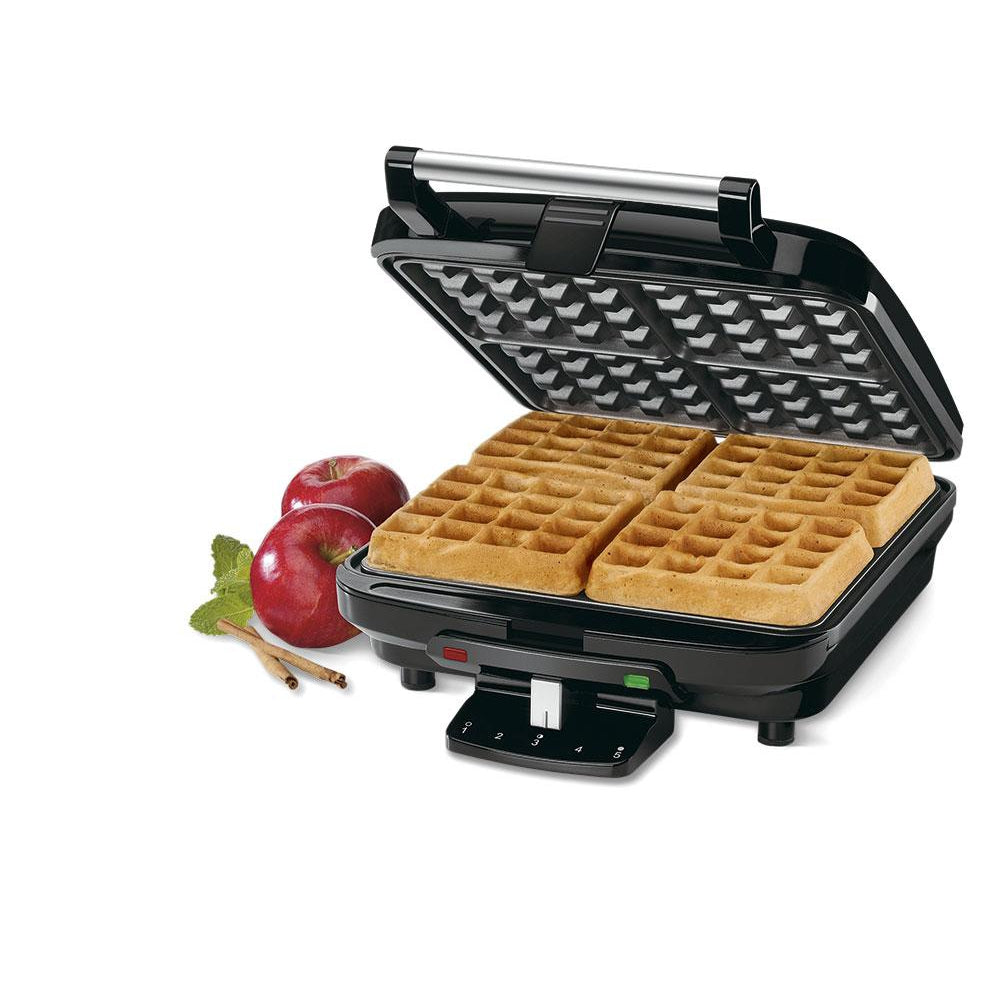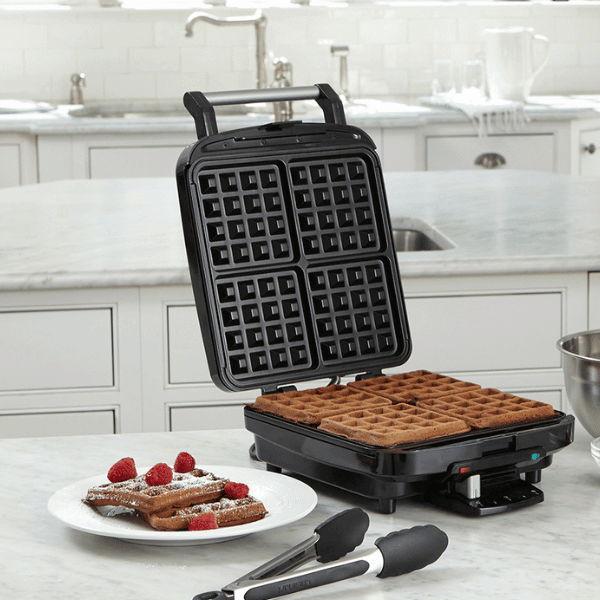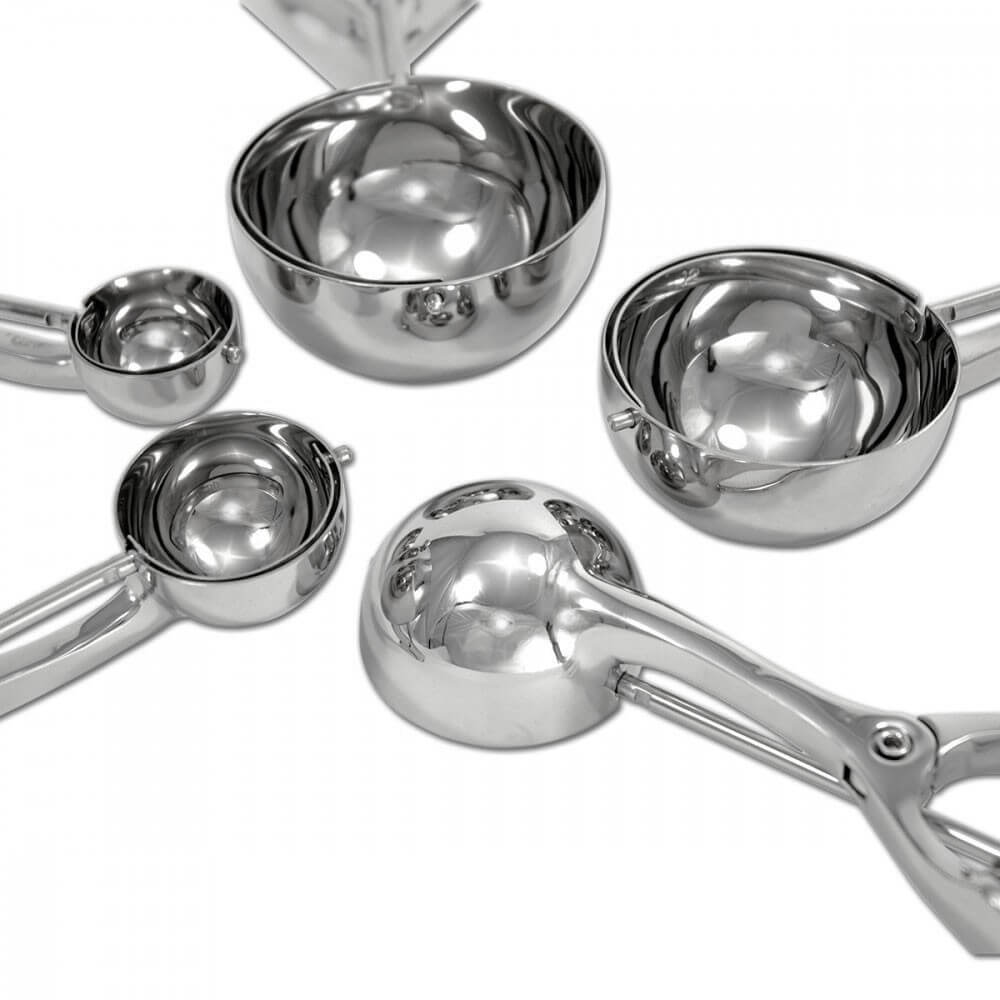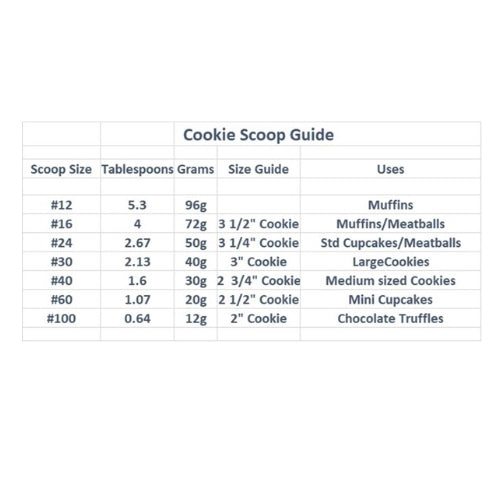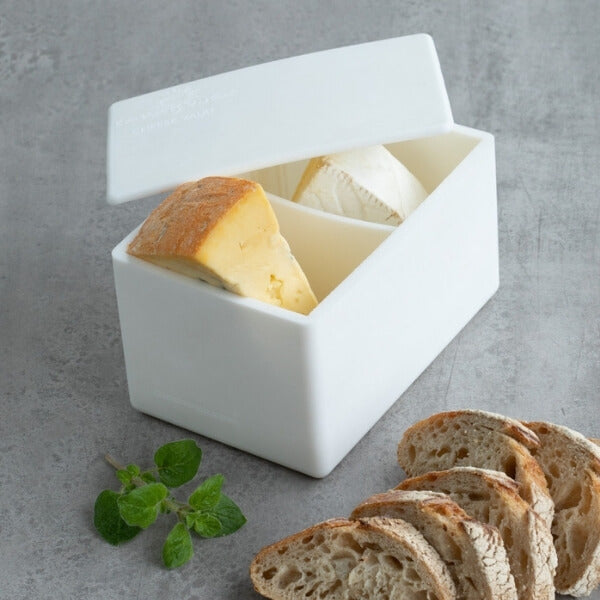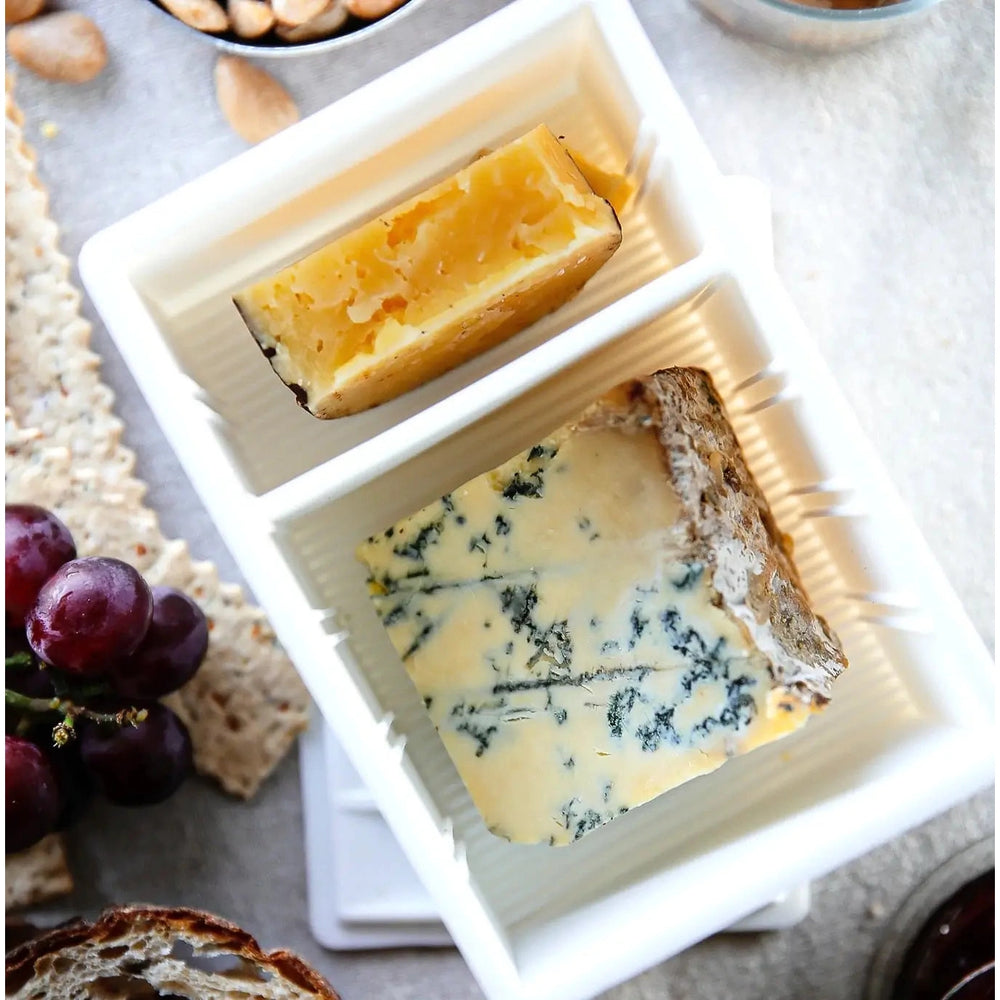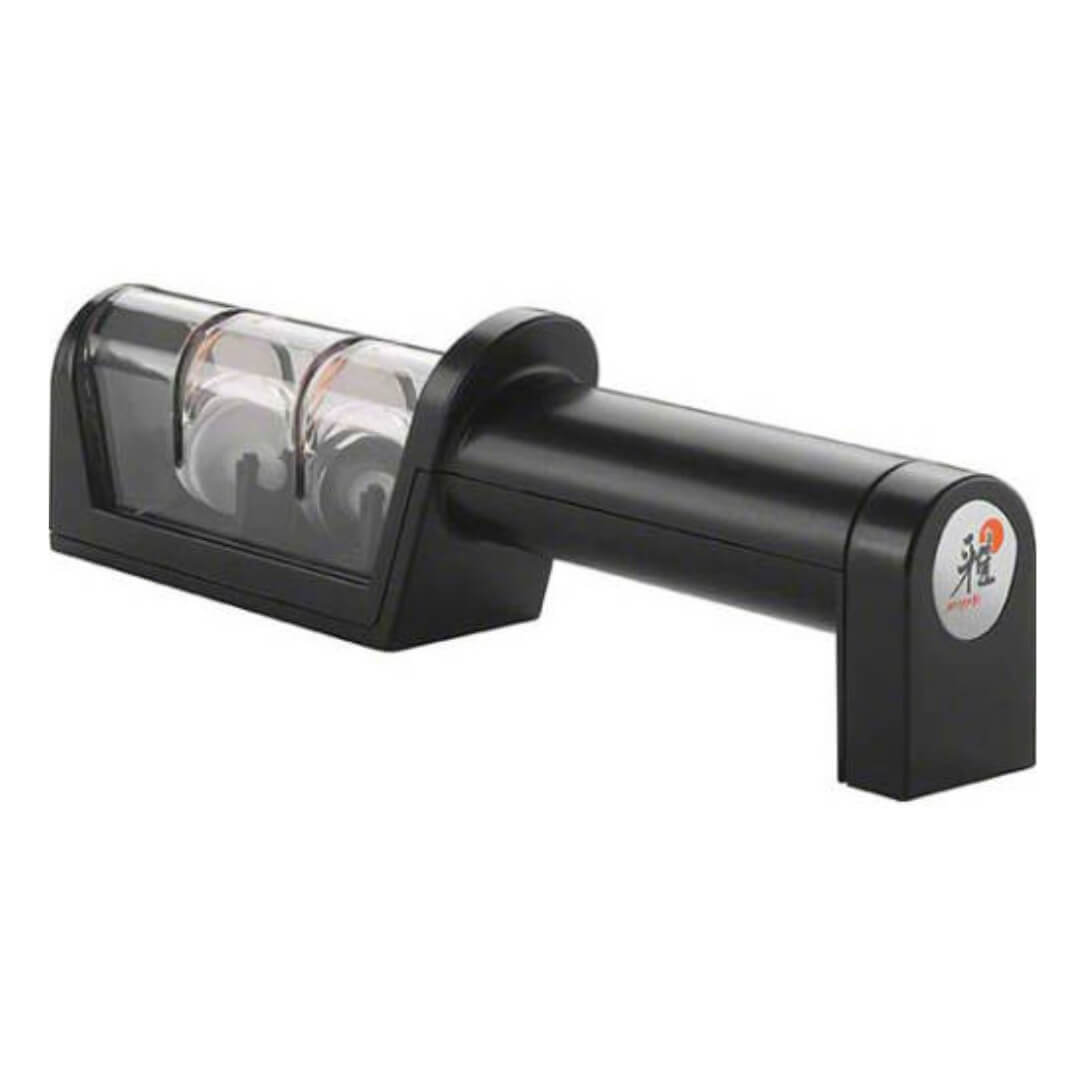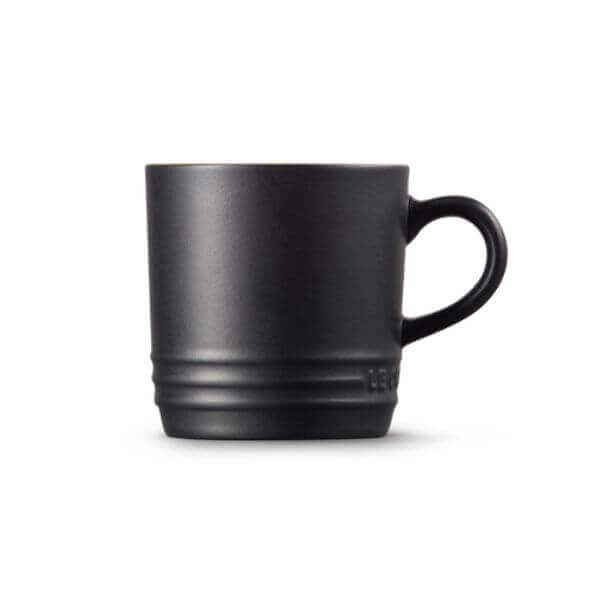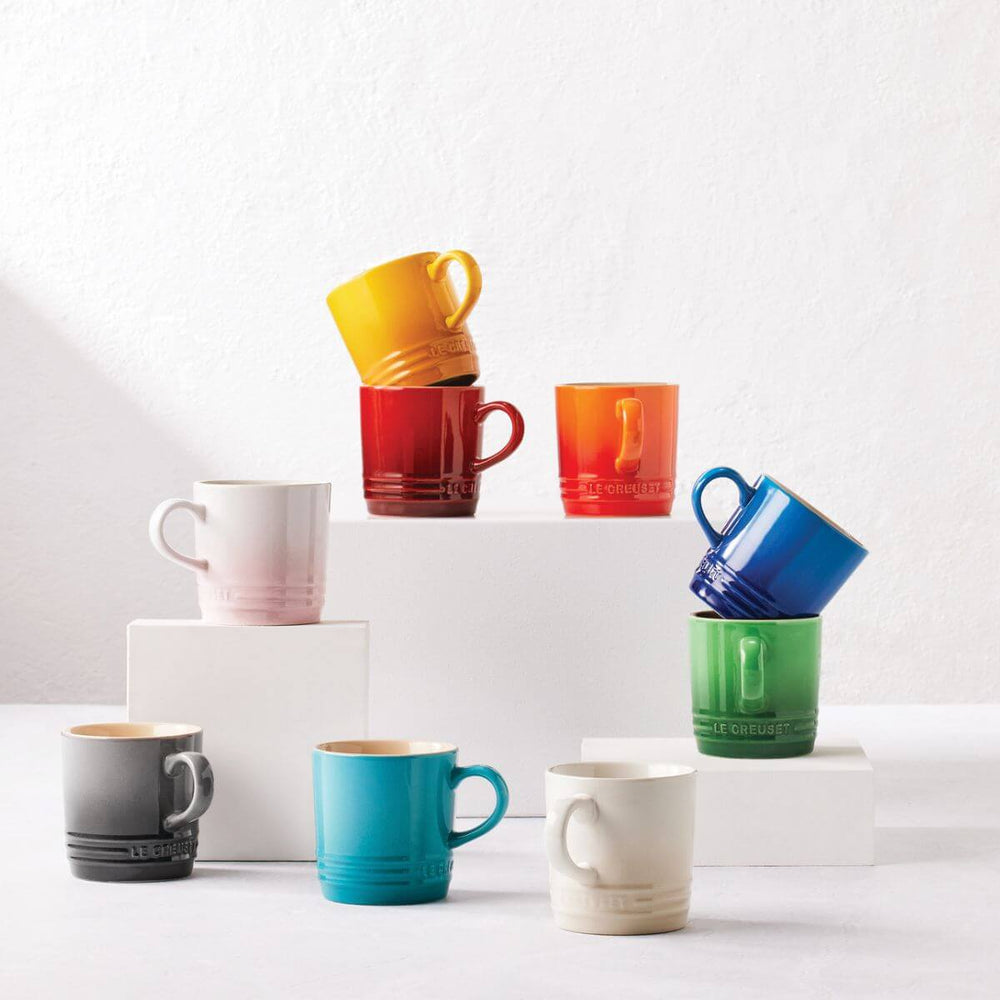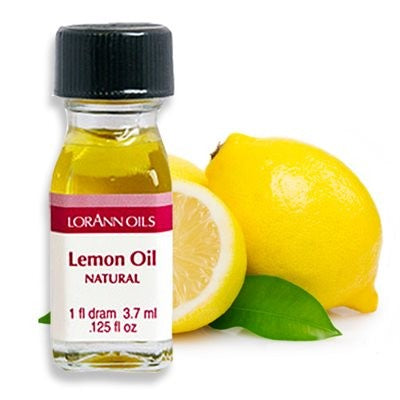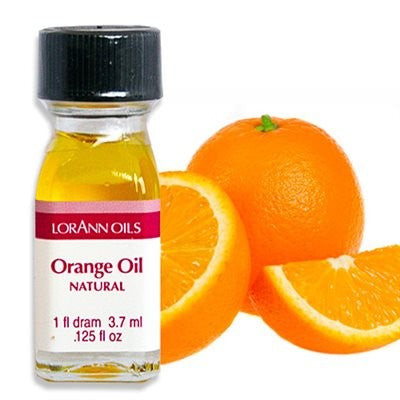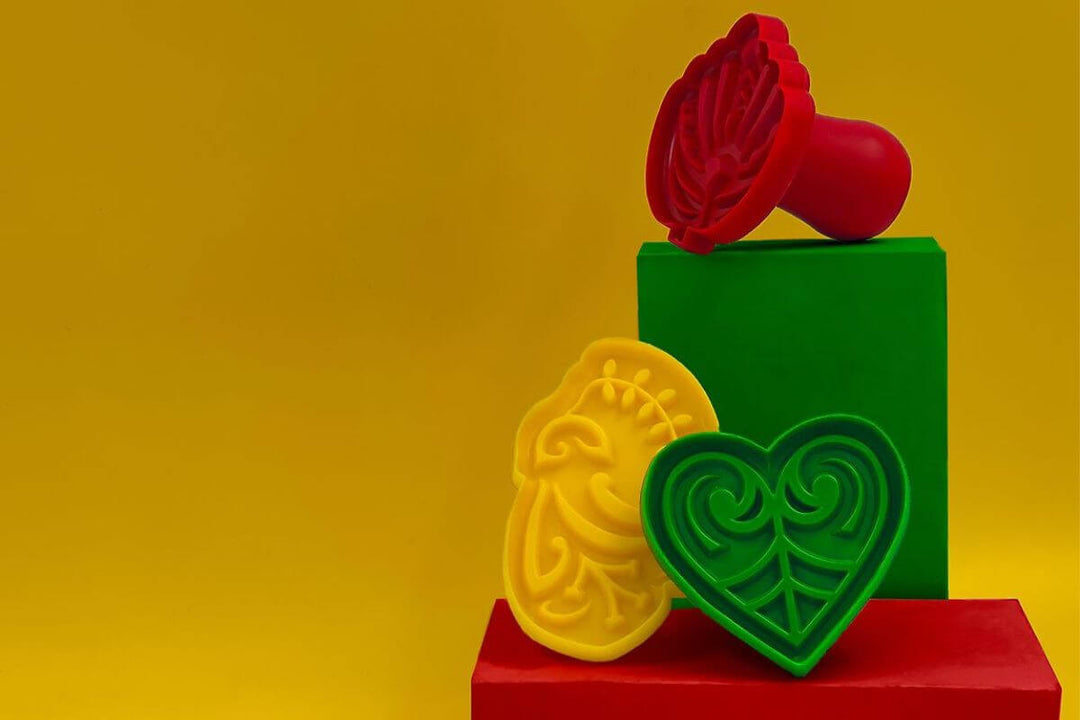Milly's 101: Carbon Steel
There is a reason that carbon steel pans have long been favoured by professional chefs. They heat hot and fast and they retain that heat well which makes for fabulous searing and browning of steaks, crispy chicken skin and gorgeous caramelisation.
They are super versatile, come in a wide ranges of sizes and they go straight from hob to oven without a care. You will find carbon steel pans in “blue”, “black” and “carbon steel”. Essentially the difference is a final treatment to the blue and black which comes from an additional heat treatment in manufacture and which protects the surface before seasoning. All carbon steel pans will darken with use – this is both normal and desirable as it shows you are building your ‘seasoned’ surface.
Which brings me to ‘seasoning’. Carbon steel (and it’s cousin cast iron) are very similar in that they need to be ‘seasoned’ (the process of repeatedly oiling, heating and cooling them) before use but these few steps will reward their owner with a pan surface that will become pretty close to non-stick. Carbon steel pans respond well to lengthy pre-heating (unlike a true non-stick pan) and you should feel free to dig away at the surface with metal implements and the like to your heart’s content – you cannot damage the surface. These pans are exceptionally robust and should be up for years and years of use – like most Milly’s cookware, a piece to hand down to the next generation.
Lighter than cast iron (granted, not a lot for a quality pan) these are a good choice for anyone wanting the qualities of cast iron but who is struggling to lift a cast iron skillet these days.
Admittedly, there are a couple of cautions we should mention. Carbon steel doesn’t respond well to highly acidic ingredients so consider carefully sauces with a heap of red wine or vinegar or tins of tomatoes. Nothing will happen to the pan (apart from your carefully cultivated seasoning disappearing) but these foods can react with the steel and develop metallic flavours which are never pleasant.
Also, if you are going to be storing your carbon steel for lengthy periods unused it is wise to oil it well and wrap in a tea towel or similar in as dry a place as possible. Humid Auckland air can result in a bit of surface rust but this is simply remedied by a good scrub down of the surfaces and reseasoning.
If you’re considering a carbon steel, head in and talk to the Milly’s team. We have a number of demo pieces and can help you find the perfect piece for how you cook and also help you with seasoning and caring for your pan.


